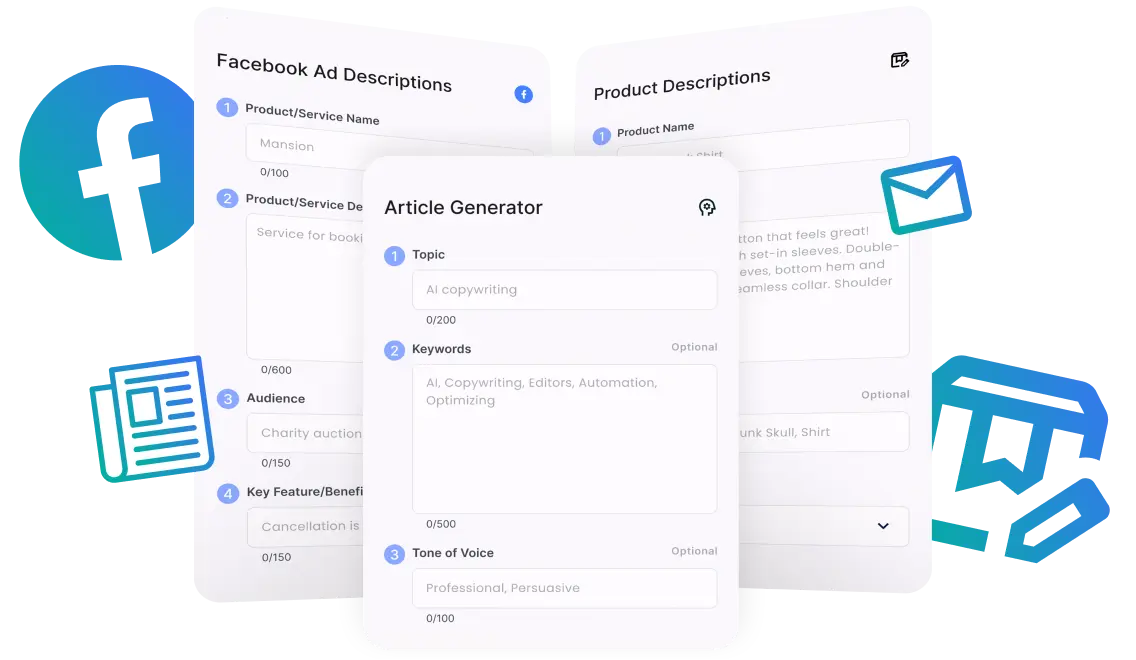Detect AI in Code
Experience efficient and accurate AI code detection with our advanced technology for seamless programming.
Try Justdone
AI Code Detection Benefits
Efficient Detection
Quickly identify and analyze AI components in code for enhanced development processes.
Precise Results
Ensure accurate detection of AI elements in code to optimize programming efficiency and accuracy.
Streamlined Integration
Seamlessly integrate AI code detection into your workflow for enhanced productivity and performance.
More AI tools for you:
Frequently Asked Questions
What is AI code detection?
AI code detection is the process of using artificial intelligence to identify and analyze code for plagiarism and originality. Justdone.ai offers advanced AI tools to check for AI plagiarism and ensure the authenticity of code.
How does AI check for plagiarism?
Justdone.ai uses cutting-edge AI technology to scan and compare code with extensive databases, ensuring accurate detection of any instances of plagiarism. Its AI tools for plagiarism check are designed to provide thorough and reliable results.
Can AI check for plagiarism?
Yes, Justdone.ai provides AI tools to check for AI plagiarism, offering a convenient and efficient way to ensure the originality of code. Using AI to check for plagiarism is a reliable method to maintain integrity in coding practices.
What AI tools are available to check for plagiarism?
Justdone.ai offers a range of AI tools to check for AI plagiarism, including advanced algorithms and comprehensive databases. These tools provide accurate and efficient plagiarism checks, ensuring the authenticity of code.
How to use AI to check for plagiarism?
Justdone.ai provides a user-friendly platform to easily check for AI plagiarism. Simply input the code to be checked, and the AI tools will swiftly analyze it for any instances of plagiarism, offering a seamless solution for code detection.
Why use Justdone.ai for AI code detection?
Justdone.ai is equipped with the latest AI models and over 130 tools for content creation, including advanced AI tools for plagiarism check. It offers a comprehensive solution for AI code detection, ensuring the integrity and originality of code.